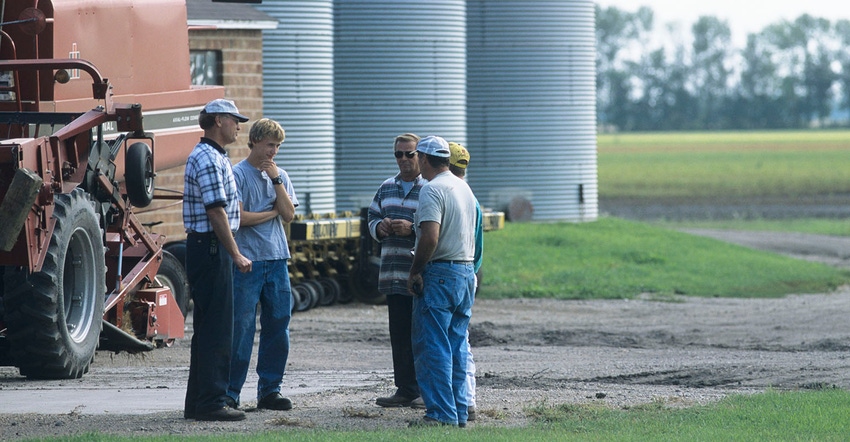
Is good help really that hard to find? It can be – especially when you’re in a pinch to tap quality workers for seasonal help. But there are some best practices to consider when hiring temporary employees that will keep headaches and heartaches to a minimum.
It may sound logical that the process begins with interviews, but there are a few steps you should consider even before beginning to search for prospects, according to Tim Schaefer, founder of Minnesota-based Encore Consultants, which specializes in farm business growth planning, among other things. For example, do you have an onboarding process for new employees that includes standard operating procedures, safety protocols and other checklists?
“Sit down and think through it, so when it’s time to go, you’re not making it up on the fly,” he suggests. “The ‘osmosis’ method doesn’t work as well as being deliberate.”
Work your local connections to find good applicants, Schaefer adds – whether that’s through friends of existing employees, business relationships, church or the local FFA adviser.
High schoolers can provide a great pool of local talent, but the challenge there is that they’re more of a blank slate, especially if they haven’t been employed before. Schaefer recommends asking questions that will determine their drive and their capacity. In other words, do they want it, and do they have the time and mental and physical fit to perform the required tasks?
For any applicant, be sure to ask questions that focus on determining the likelihood they will succeed in the position, adds Bernard Erven, professor emeritus with The Ohio State University.
“Also pay careful attention to the questions each applicant asks you,” he says. “And ask some questions that will surprise them and help you determine the ability for them to think on their feet.”
Asking for references is another best practice during the interview process, Schaefer says.
“References can be a lot of work, but you should do it and follow up with them,” he says. “That way they’re not just talking a good game – the references will back it up.”
Once temporary employees are hired, the onboarding process should be top priority.
“Train experienced employees to help new employees get up to speed, and provide feedback on how new employees are doing and what additional steps are necessary to become a highly valued employee,” according to Erven. “It is unfair and naïve to not properly train a temporary employee to do a job correctly and then criticize them for not doing the job right.”
A lot of the process simply comes down to the golden rule, Schaefer notes. Walk the proverbial mile in their shoes. Have you spelled out the basics? Do they know when and where to punch the clock? Do they know what time lunch is? Do they know where the bathroom is? Those little details may seem overly obvious but can generate a lot of stress if they’re not communicated clearly.
“When you don’t welcome new employees and show them around, they don’t feel as valued,” says Liz Griffith, head of business development and human resources for Encore Consultants. “So the first thing that doesn’t go right will end up weighing more heavily on them.”
Safety should also be stressed over and over, starting on day one, Griffith adds.
“Most people don’t deal with safety issues until they’ve had a major industry or accident,” she says.
That approach can have catastrophic results, however. A single accident can bring forth a plague of liability issues that can create costly consequences to your time, money and reputation.
“In many ways, we’re given a social license to farm,” Griffith says. “Everything you do for employee wellbeing solidifies that license.”
About the Author(s)
You May Also Like






